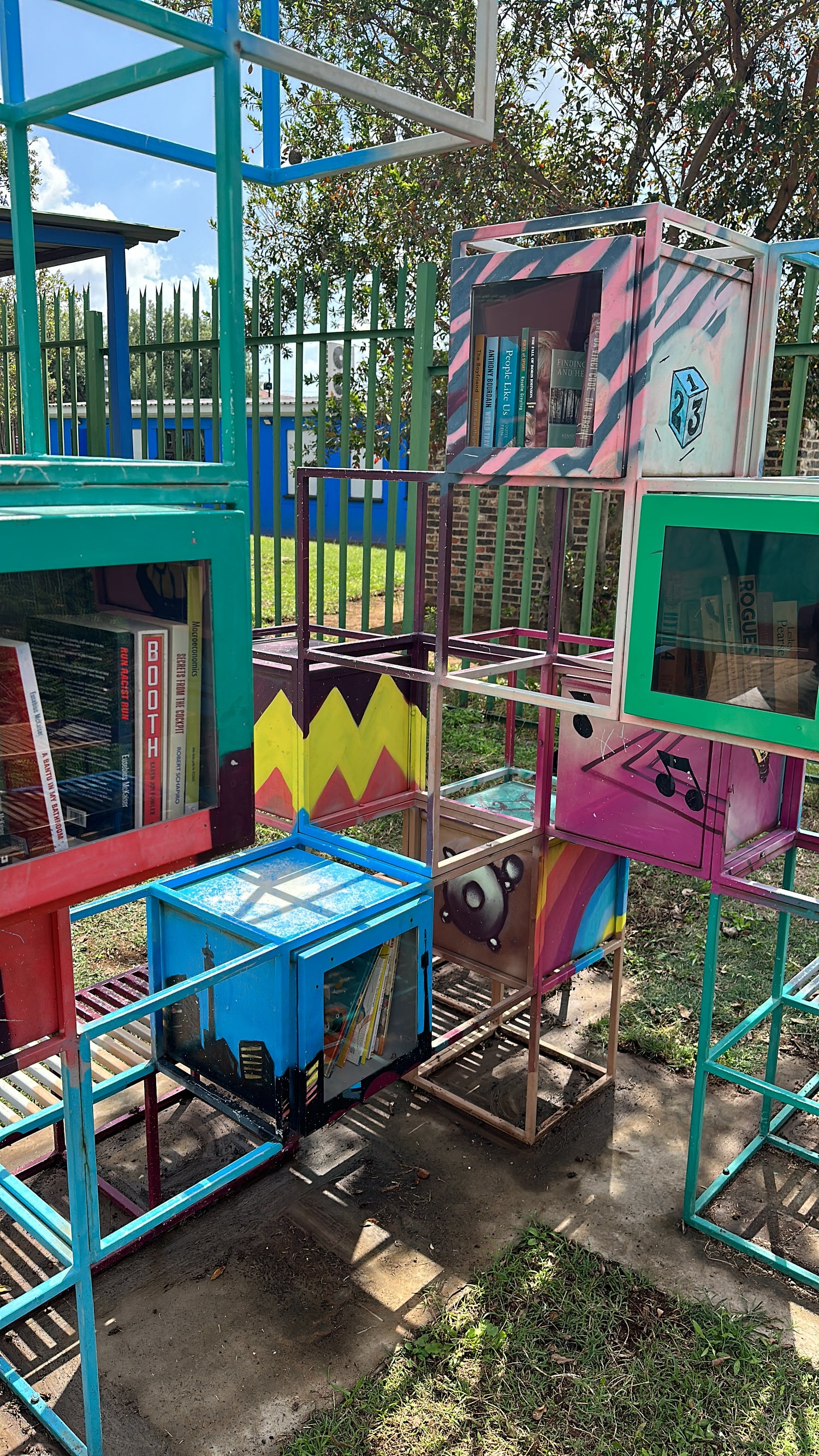Jacana
Back to the Front: A Memoir, by Leon Levy
Back to the Front: A Memoir, by Leon Levy
Couldn't load pickup availability
Leon and his twin Norman were born in August 1929, the youngest of four children born to Mary and Mark Levy, immigrants from Lithuania. His father died when Leon was six; to heroic degree, his mother carried the family – financially, practically and emotionally – in her widowhood. Leon was an intensely bookish boy but left school aged sixteen to help makes ends meet through a series of jobs. Deeply affected by the events of the Second World War and the Holocaust, Leon was radicalised in the Hashomer Hatza’ir, a left-wing Zionist youth movement. He was seventeen when he joined the Communist Party and became a committed young activist.
In 1953, at the age of twenty-four, Leon became a full-time trade unionist. ‘It was a defining moment in my life story,’ he writes. ‘It gave practical form to my political beliefs; it also determined the shape and scope of my life. It transpired that I would spend the next six decades and more working in trade unions, industrial relations and mediation.’
A comrade in the trade union movement nicknamed Leon, TsabaTsaba – which means “here, there and everywhere”. Anyone who reads Leon’s account of his years as a full-time unionist will agree that the soubriquet was well earned. (Alongside trade union work, Leon was also committed to the remarkable Discussion Club, which he co-founded and ran throughout the 1950s; he was also secretary of the South African Peace Council from 1951 to 1961.) In the mid-1950s, he was part of a small group of progressive trade unionists who pushed for the formation of the first non-racial trade union federation in South Africa. These aspirations were realised in March 1955 with the launch of the South African Congress of Trade Unions (SACTU). Later that year Leon was elected president and remained in that position for nine years. SACTU linked day-to-day concerns of workers with support for national liberation and the abolition of apartheid and was one of the five organisations which formed the Congress Alliance. As SACTU leader, Leon served on the committee that directed the activities of the Alliance; he was present at Kliptown when the Freedom Charter was adopted – and as SACTU president was one of the five original signatories of the Freedom Charter.
Political activism of this order came at a high price. Leon Levy was served with banning orders and arrested several times; he was Accused No 4 of the 156 people arrested and charged with treason, and from November 1958 was one of the final 30 (and with Helen Joseph one of only two whites) who faced charges until the trial was finally dismissed in March 1961. He was detained for five months during the 1960 State of Emergency. In May 1963 he was the first person to be detained under the notorious General Laws Amendment Act, known as the 90-day Act. Unable to continue his work he chose to go into exile in the United Kingdom. There, he studied politics, economics and industrial relations at Oxford – and then applied what he had learned in a series of positions in industrial relations. After 1994, he was determined to make the skills and knowledge that he had acquired available to a democratic South Africa – and he and his wife Lorna returned to the country of their birth in 1997. In a remarkable final phase of his career, Leon took office shortly after his 70th birthday as a full-time commissioner for the Commission for Conciliation, Mediation and Arbitration – and spent the next 19 years in this capacity.
Share


Give a book
Buy an extra copy of your book and we'll donate it to one of our outdoor Street Libraries, or to one of our reading programmes. Just add a note to your card with the code #buyabookforachild.
Subscribe to our emails
Subscribe to our mailing list for insider news, product launches, and more.
